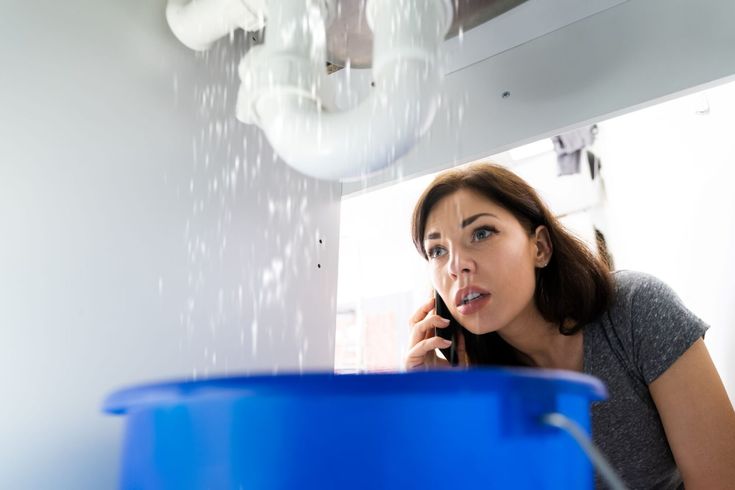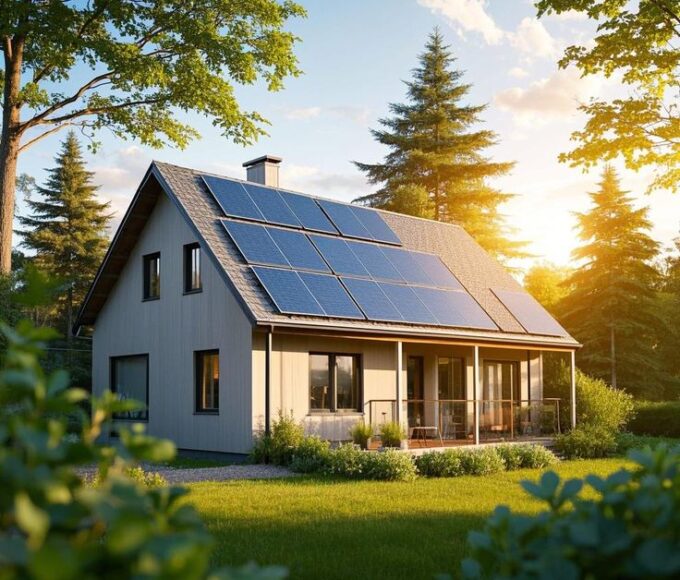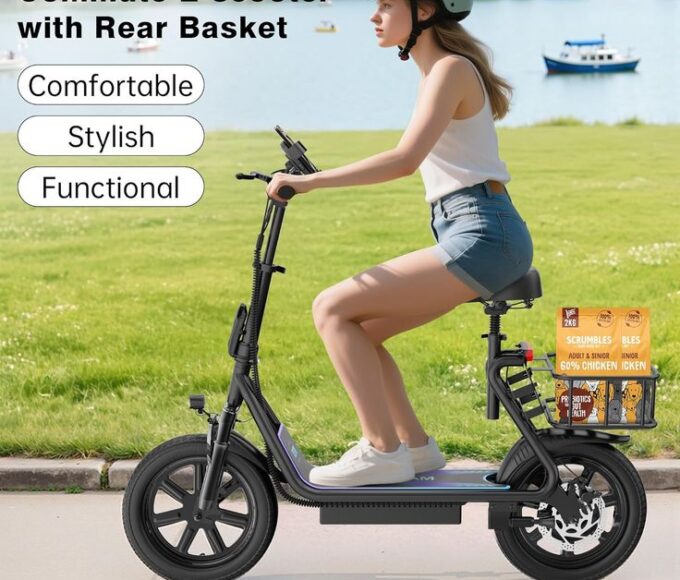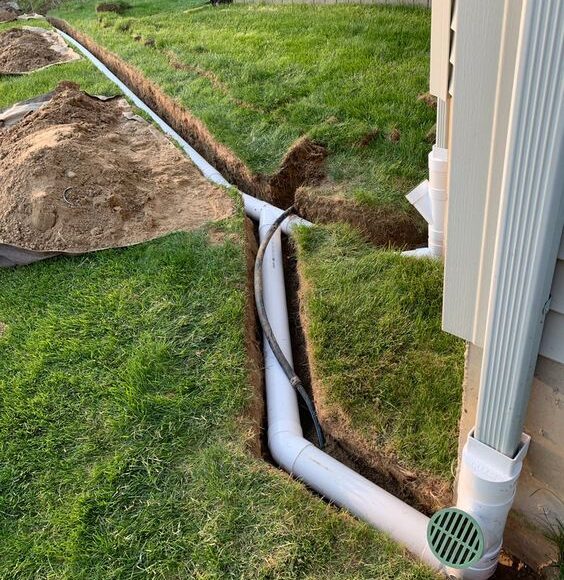You may not consider the number of ways that plumbing issues can disorganize your day-to-day routine. The drip of the tap or slow drain can distract the idea of relaxing at the house very fast and make you consider the ways of correcting the situation. All the homeowners are supposed to be familiar with the common issues in plumbing both minor matters and major emergencies. Such irritating issues, such as blocked drains that refuse to go, or dripping faucets that keep you awake all night, is not just irritating, but can also be an indication that there are other issues of greater magnitude which have to be resolved. Fear not, we have a few tricks and tips that will get you out of such issues in a short time so that your water will flow like it did earlier!
Why do drains and pipes become clogged and what can you do about it
To a homeowner, the worst thing that can happen to them is clogged drains and pipes. Grease, hair, food particles, and soap scum may accumulate up with time. Blockages are caused even by such little things as cotton swabs.
This could be resolved using a plunger or a plumber snake. The tools may tend to be quite effective at removing hard clogs. Vinegar and baking soda combine to perform miracles on issues, which are hard to get rid of. This can be done by pouring the solution into the drain which may dislodge any debris.
At times it is always good to prevent something before it occurs. You should also clean your drains with hot water every now and then to clear any accumulating water that may occur before it becomes an issue. Installation of mesh screens in the drainages of washbasins can also prevent the entry of things that do not belong and create inconveniences.
A professional plumber can be called to check your plumbing system in case you usually get really bad clogs.
The possible causes and ways of repairing the causes of low water pressure
When the water pressure is low it can be annoying. This problem could be brought about by a number of things.
First, check on the presence of any plumbing leakages. Even a little leak may reduce water flow significantly. Check the pipes that are visible to you, and see whether there is any indication of moisture or corrosion.
Then your showerheads or faucets may be clogged with mineral deposits. To dissolve the deposits and enable the flow of water to be improved, immersify such fixtures into vinegar.
Issues with the water supply of the city can also be a frequent cause. The pressure changes in some instances at the home due to the variation in the local utilities.
In case your house is old then consider how the rust or scale forming in the inside of the pipes could be slowing down the flow of water. A long-term solution would be installing new piping.
Ensure that all the valves are fully open. Semi-closed valves may end up putting strain on water reaching every corner of your house.
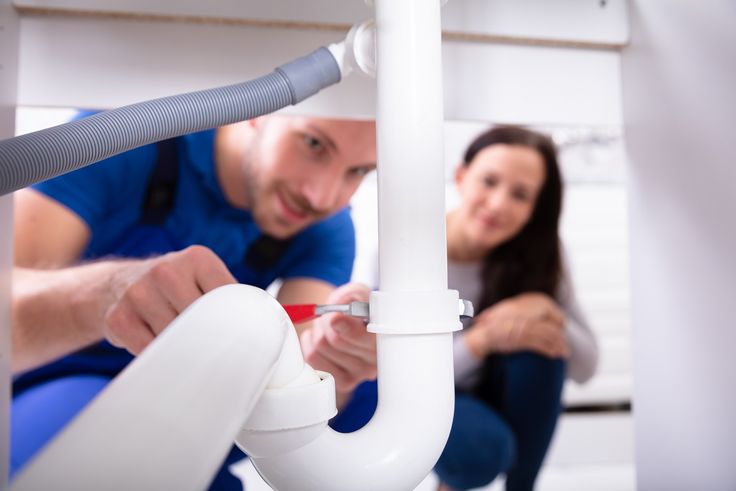
Troubleshooting on how to stop your faucets and toilets to leak
Leaky toilets and faucets may be irritating and costly. It is not only that the dripping sound of water is irritating, but it also implies that the resources are wasted.
In order to remedy this situation you will need to determine the source of the leak. Take a peep at the tap handle or tap spout. New washers or O-rings may be required when you notice drips with the tap off.
Toilets are often harder. When your toilet keeps running it may be due to the broken flapper valve or broken chain. Lid of tank take off and look inside. Watch out carefully, a steady flow.
These leaks only require basic equipment such as a wrench and a screwdriver. In the majority of cases, the replacement will solve the issue, and it is not necessary to invite a professional.
Inspect your plumbing fixtures frequently to detect minor leakages before they escalate to major issues. Long run maintenance of everything is economical in terms of water and money.
Pipe bursting or freezing, how to prevent it and how to act during an emergency
Unless repaired promptly, burst or frozen pipes are a source of much damage. The initial step towards prevention of these problems is proper insulation. Ensure that areas where the pipes are exposed to the cold air such as attics and basements are properly insulated. In winter foams sleeves or pipe insulation tape are excellent solutions that will keep your pipes safe.
Another method of preventing pipes to freeze is by allowing dripping of faucets during extremely cold weather. This makes the water flow in the pipes, and this reduces the chances of freezing. When it is extremely cold at night, make sure that you open the cabinet doors beneath the sinks to allow warm air in your house to pass around the pipes.
A frozen pipe will have to be quickly and, at the same time, cautiously moved. Open your faucets. This will ease the system and allow the melting ice to flow out. Do not apply an open flame to the affected areas, apply a hairdryer or heat wrap. This could make things worse.
Should pipes burst due to excess pressure or some ice melted and blocking pipes as a result, be sure to turn off your main water supply immediately and bring in a plumber to repair the pipes. There is a type of time and money that you can save when you are forced to clean up after a large plumbing issue, provided you know how to do it.
It does not matter whether you know how to avoid plumbing issues or how to manage them during an emergency, these valuable tips will help you to manage the most common plumbing problems like a professional!






